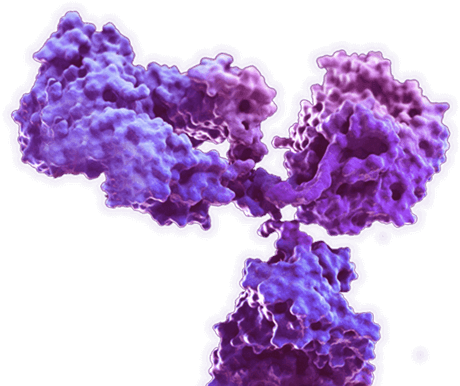ATCC15834 electro competent cells (MOFY-0822-FY554)
Cat: MOFY-0822-FY554
Certificate of Analysis Lookup
To download a Certificate of Analysis, please enter a lot number in the search box below. Note: Certificate of Analysis not available for kit components.
Lot Number
To download a Certificate of Analysis, please enter a lot number in the search box below. Note: Certificate of Analysis not available for kit components.
Lot Number
| Size: | |
| Inquiry |
- Specifications
- Properties
Specifications
| Description | A. rhizogenes is a Gram-negative soil bacterium of the genus agrobacterium of the family Rhizobiaceae, which is capable of infecting most dicotyledonous plants and a few monocotyledonous plants as well as individual gymnosperms. ATCC15834 A. rhizogenes strain is the original A. rhizogenes strain (wild strain), especially suitable for the induction of hairy roots of medicinal plants such as paclitaxel and artemisia annua |
| Gene Types | Agrobacterium rhizogenes pRi15834 (agropine type) |
| Size | 50 µL/vial |
| QC result | Transformation efficiency of pCAMBIA2301 plasmid (kanamycin resistance) detection:>105 cfu/μg DNA. |
| Note | 1. ATCC15834 grows slowly, and the ATCC15834 bacteria transformed with the plasmid should grow for 72 hours on a plate containing antibiotics. 2. When adding the plasmid, the volume should not be greater than 1/10 of the competent volume; if the plasmid is impure or there is organic pollution such as ethanol, the transformation efficiency will drop sharply; if the plasmid is doubled, the transformation efficiency will drop by an order of magnitude. 3. Air bubbles should not be mixed in the electroporation of competitive cells. Transforming high concentrations of plasmids can correspondingly reduce the amount of bacteria that are finally used for plating. 4. When the density of positive clones on the plate is too large, due to insufficient nutrition, the growth of positive clones will slow down and the colonies will become smaller. In order to obtain large colonies, the amount of plasmids or the amount of bacteria finally used for plating should be reduced. |
Properties
| Shipping | Dry ice |
| Storage | Store at -80 °C |
| Handling Advice | Immediately upon receipt, cells were transferred from dry ice to -80°C refrigerator. |
For Research Use Only | Not For Clinical Use.
Online Inquiry


